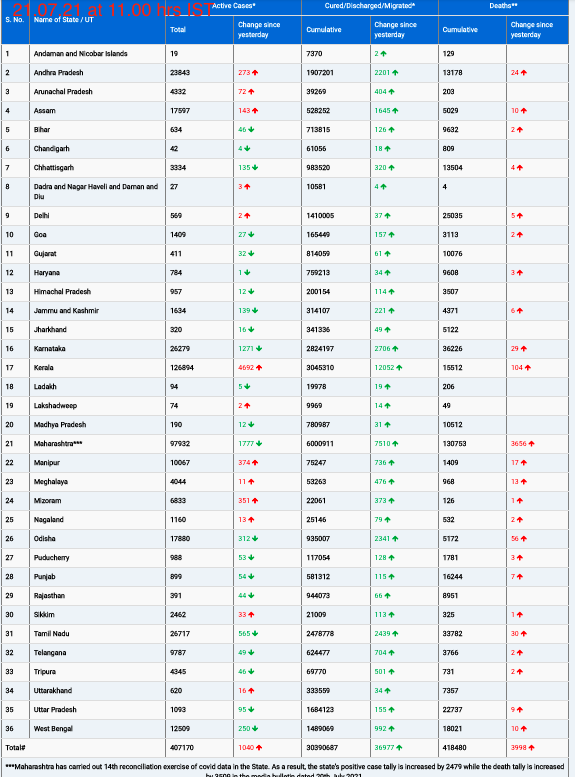In a dramatic reversal of fortune, the NHS Practitioner Health service has been saved from imminent funding cuts following a resounding outcry from healthcare professionals and the wider community. The uproar ensued after an announcement surfaced indicating a cessation of funding for new patients in secondary care, a move that was met with shock and condemnation.
NHS Practitioner Health, a vital resource providing free and confidential support for doctors and dentists grappling with mental health or addiction issues, found itself at the center of a storm as NHS England initially proposed a halt on new registrations for secondary care patients. The decision, framed as part of a broader review of mental health support across NHS staff, sparked widespread concern and criticism from various quarters.
The British Medical Association (BMA) expressed deep apprehension, labeling the decision as “short-sighted” with potentially adverse repercussions for both medical practitioners and patients. Dr. Latifa Patel, the BMA’s workforce lead, minced no words in denouncing the move, highlighting its potentially harmful consequences.
Dr. Helen Fernandes, co-chair of The Doctors’ Association UK (DAUK), echoed these sentiments, describing the decision as arbitrary, unsafe, and cruel. The announcement prompted a flurry of reactions on social media, with numerous healthcare organizations, unions, charities, and individual doctors expressing dismay and alarm.
An open letter penned by Dr. Rachel Clarke and Dr. Natalie Silvey on behalf of NHS staff garnered significant support, amassing over 15,000 signatures and urging the Health Secretary and NHS CEO to reconsider the funding cut. Susannah Basile, head of external affairs at Doctors in Distress, underscored the critical role played by NHS Practitioner Health, emphasizing its life-saving impact on numerous individuals within the healthcare profession.
However, just three days after the initial announcement sent shockwaves through the healthcare community, a decisive reversal was announced. Health Secretary Victoria Atkins, responding to the wave of concern from NHS staff, assured that the crucial service would be maintained for both existing and new patients.
Dr. Navina Evans, NHS England’s chief workforce officer, reaffirmed the commitment to supporting the mental health needs of NHS staff, announcing a 12-month extension of the service for secondary care patients. The swift change of heart was attributed in part to the overwhelming response from the medical profession, underlining the indispensable role of NHS Practitioner Health.
The episode has shed light on the indispensable nature of NHS Practitioner Health and the pressing need for robust mental health support within the healthcare sector. As discussions continue about the future of mental health services for NHS staff, stakeholders emphasize the importance of ensuring sustained funding and comprehensive support mechanisms.
While the immediate crisis may have been averted, questions linger about the long-term viability and permanence of NHS Practitioner Health. Advocates stress the imperative of embedding mental health support as a cornerstone of healthcare provision, emphasizing the need for sustained investment and collaboration to safeguard the well-being of NHS staff.
As the NHS undertakes a broader review of mental health support services, stakeholders are eager for assurances that the vital work of NHS Practitioner Health will endure, serving as a beacon of support for healthcare professionals navigating the demanding landscape of modern medicine.












